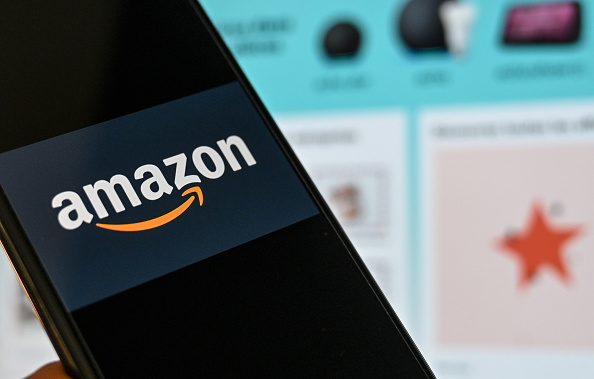Stephen Charles, MD of water cooler specialist Vivreau
It’s so hard to win business that once you get it, you want to keep it. That’s why we put a huge focus on retaining our clients, which include 75 of the UK’s top 100 companies. Over the past 18 months, many of them have been hit extremely hard, especially the major financial institutions. Fortunately, they have wanted to stay with us, although they have turned the screw to reduce costs. So we’ve had to tighten our profit margins and offer lower-cost solutions to help clients through a difficult time, in the hope that when we come out of the economic downturn, they will spend with us rather than with someone else.
To gain new clients, we’ve identified people who have a synergy with us – vending machine suppliers, contract caterers, even companies selling conventional water coolers – and formed partnerships with them. We’ve formed more partnerships in the past 12 to 18 months than we did in the 20 years we were in business before that. It’s opened a lot of doors. Our partners earn a rebate for the business they bring in, but it’s not just about the money: it means they can offer solutions to their clients that they can’t provide by themselves. From Vivreau’s point of view, we generate more business without needing to commit the time and resources of our sales team.
For all that, we recognised two years ago that the UK is a small market entering some very uncertain times. We knew we had a battle on our hands to expand at the same rate as we had previously. That’s why we’ve opened offices in North America, Geneva and South Africa.
Luke Barlow, director of online shoe retailer Fitness Footwear
We’ve grown fast since we set up the company five years ago. That’s partly because the market for “healthy shoes” has been buoyant, and partly due to the massive expansion in online retail.
But in the recession, we’ve been hit by larger competitors slashing their prices and grinding their margins down to the bone. If we had been on the high street, we would have gone out of business.
We tend to stick to discounts of around 10 per cent. But there are now certain brands where it is hard for us to compete because other retailers are offering them so cheaply, for instance, reducing an RRP of £79.95 to £49.95. So we had a review of which brands were working for us and which weren’t, and had a cull.
Our marketing has been built on natural search. Half of our business comes through Google searches for brands such as Skechers Shape Ups and Reebok EasyTone. We also use pay-per-click advertising, so we’ve covered all the bases. But in order to get to the next level, we have to market ourselves through non-online channels, such as TV and print. That’s been a learning curve for us, because we’re used to all our marketing being measurable – clicks, conversion rates, ROI. We’ve seen a big uptick in sales since we were quoted as a stockist in a Skechers TV ad.
Ed Reeves, founder and CEO of PA service Moneypenny
Normally, we recruit on attitude first, then teach the skills but sales people are the exception. A good sales person is someone we’ll adapt to, rather than the other way round. In the current climate it’s harder and more expensive than ever to open doors to new prospects and having someone we don’t have 100 per cent confidence in to close those opportunities would be commercial suicide.
We’ve also restructured our sales team to have different account managers looking after different business sectors. That promotes greater empathy with clients, with a better understanding of the needs and expectations of businesses in each area of the market. It’s also helped us to target our resources on the most promising sectors – we’ve brought in sales people with a track record in each specific sector and concentrated our efforts where we were most likely to flourish. Although it was risky to reduce our audience at a critical time, the approach has paid off: we’re now more than four times as likely to convert an enquiry to a client in those sectors.
Growing businesses have an advantage over their larger competitors in that they can react more quickly to changing market conditions, adapting their message to suit the changing needs of their clients. For example, “gain more customers” becomes “retain more customers”, “client satisfaction” becomes “cost savings”. In our case, the ability to reduce costs for clients has become our most compelling message, while two years ago it was the prospect of improved service that caught the attention.
When you combine that ability to move quickly with the resources to hone in on the needs of each specific sector, you have the potential to grow sales even in a downturn.





